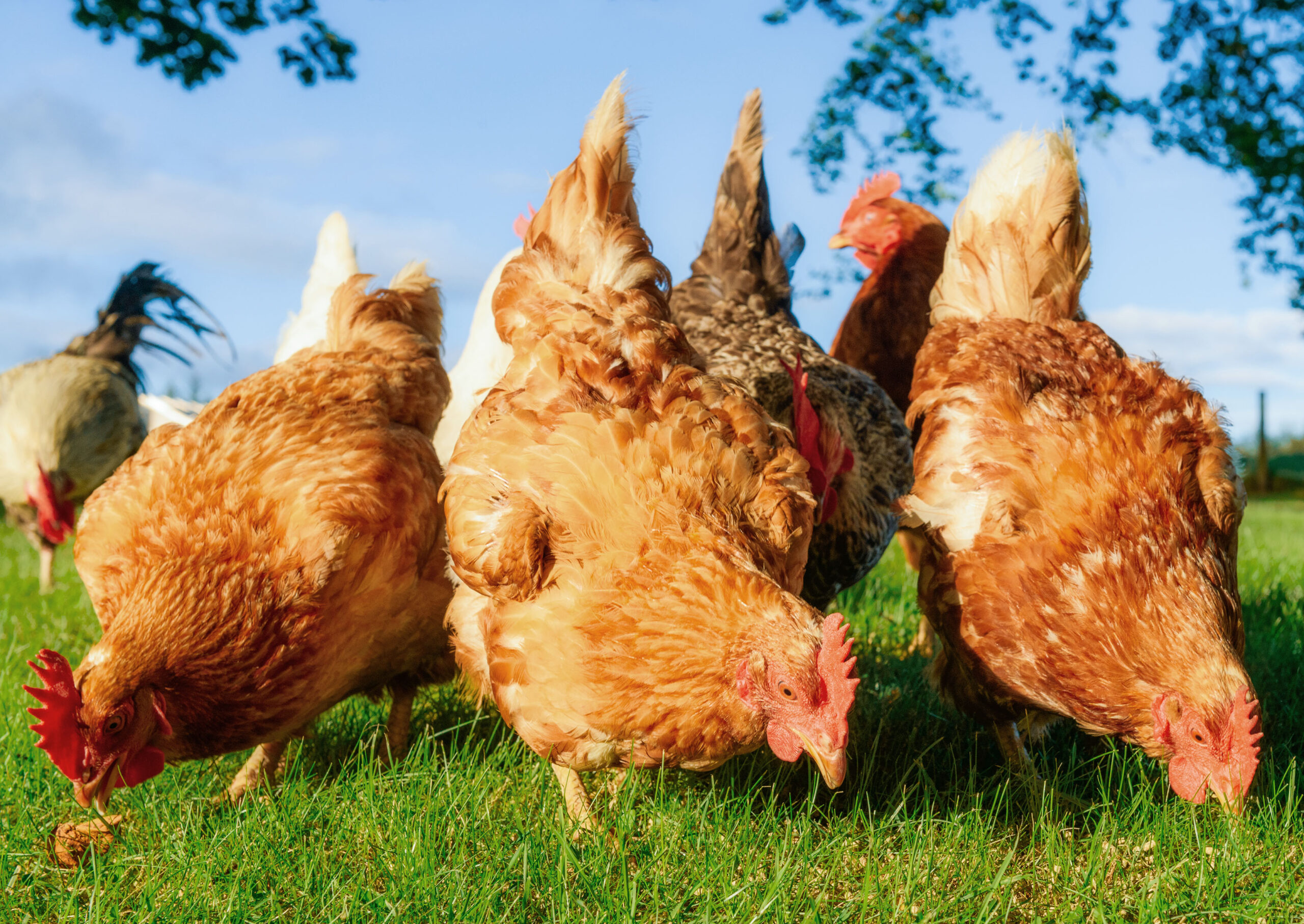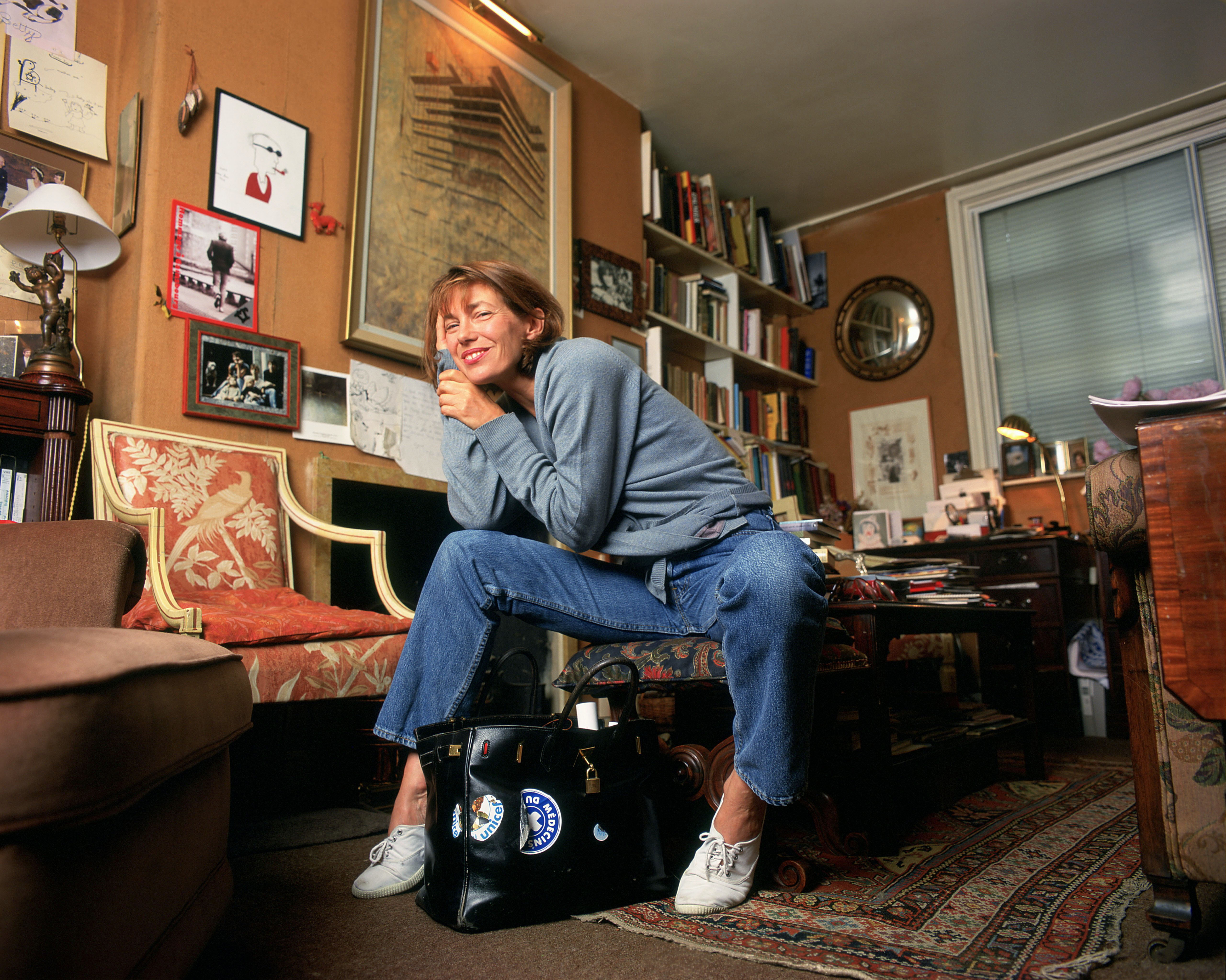Farmer's Life: Supermarket eggs can be several weeks old. The ones I sell are usually six hours old — but I still get customers who worry because they don't have best-before dates stamped on them
Farmers need to convince consumers that the choices they make are integral to preserving the British environment, says Douglas Chalmers

The public cannot fail to be aware of farmers now, following the protests about agricultural property relief, with banners proclaiming ‘No Farmers, No Food’. Among all the claims and counterclaims, this is one statement that is obviously correct, but does it carry the same weight with the public that it does with the protestors?
This month’s choice at our local men’s book club was James Rebanks’s English Pastoral (2020); it is beautifully written and is happy and hopeful, in stark contrast to his first book, The Shepherd’s Life (2015). I agree with most of his points, but was interested in the opinions of those who live in a rural community, yet have less farming knowledge.
They commented on how traditional farming practices have been shed in the pursuit of apparent efficiencies and how we are reverting to some of the older, Nature-kindly ways; they were disappointed that food availability and price no longer represent local or seasonal farming. Most of the discussion, however, was on the distance that has developed between farmers and the rest of society, with many consumers having no appreciation of where their food comes from.
We have been selling our free-range eggs at the farm gate with an honesty box for nearly 25 years. We think their taste, freshness and quality mean they sell themselves, so we have little contact with customers.
I was, therefore, surprised to be beckoned by a lady waving an egg box: ‘Your eggs don’t have a date,’ she said. ‘Supermarkets have dates on the box. My husband’s funny about things like this. How do we know that they’re fresh?’
Trying not to trash the retail egg sector, I explained that supermarket eggs in the UK can be sold at 21 days old ( if you think that's a lot, it's up to 60 days in the US) while still showing a seven-day best-before date, but those in her hand were probably laid less than six hours ago and pointed to our hens ranging freely in the fields. She bought the eggs, but muttered that her husband ‘wouldn’t be happy’. I wasn’t happy either. I was frustrated that she couldn’t or wouldn’t understand a simple fact about food production. It struck me that she didn’t buy food, she bought packaging.
"We are told to ‘sell the story’ and that ‘provenance means premium’. This does work... Yet will we be able to charge enough to cover increasing feed prices?"
Radio 4’s Harvest Festival Service quoted the nonagenarian American author and farmer Wendell Berry: ‘Eating is an agricultural act.’ This prompted me to read his 1989 essay, The Pleasures of Eating, in which he describes food advertising and packaging as ‘make up’ and claims that eating has turned into a series of transactions: 1, Buy food; 2, Sate appetite; 3, Get on with our lives. He has consumers as passive, buying only what they are persuaded to buy, and suggests that if they understood the connection between eating and the land, they would enjoy food more.
Sign up for the Country Life Newsletter
Exquisite houses, the beauty of Nature, and how to get the most from your life, straight to your inbox.
As producers, we are told to ‘sell the story’ and that ‘provenance means premium’. This does work. A neighbour took his lamb to Borough Market in London. He noticed a man looking at the stall for some time and asked him if he knew Cumbria. The man broke into smiles as he described the fell he’d climbed. ‘I know exactly where you were,’ said our friend. ‘If you’d turned and looked over your right shoulder, you’d have been looking into the field where this lamb was grazing.’ An instant and large purchase was made.
We recently rewrote the leaflet for our free-range pork; it now crackles with phrases such as ‘natural health’, ‘rooting’, ‘deep warm straw’ and ‘bred and reared outdoors in the beautiful Eden Valley’, yet we know this will mean nothing to many consumers. Commercial food companies believe in segmentation: different people buying for different reasons. Some will go for a traditional product, others something more exotic. Some will buy on price, others because they know and trust the vendor or because they simply like the taste — ‘flavour’, ‘tasty’ and ‘delicious’ are also prominent in our material.
Yet will we be able to charge enough to cover increasing feed prices? Or will we lose out to meat produced more quickly indoors and marketed under a fancy farm label? My fellow book-club members did not blame the supermarkets for this situation, nor the farmers; they put the blame squarely with the consumer, although we cannot expect them to put it right. They expect both to eat and to have a rich, biodiverse, sustainable environment. Farmers can do both and present the only sustainable, cost-effective solution.
The media tends only to look at farming in times of crisis, yet this is the message its representatives should be constantly pushing, and not only on Open Farm Sunday or when we can be accused of crying wolf. Eating is the final act in the agricultural process, but not eating British food could also be the final act for our farmers and our countryside.
Douglas Chalmers farms in Cumbria and is a former chief executive of Friends of the Lake District

Why kitchens are going green — literally
Green is the perfect colour for a kitchen, says Amelia Thorpe.

Credit: Getty
Jason Goodwin: A somewhat comprehensive agenda for fixing Britain, from turning off the internet to compulsory Natural Service for 18-year-olds
'I know they will thank me in the end,' says our columnist, with tongue in cheek — though who knows how

Credit: Getty
'An incomprehensible act of self-harm': The angry reaction to the new coal mine in Cumbria
The government's decision to allow a new coal mine to be opened has sparked outrage from across the political and
-
 Sanderson's new collection is inspired by The King's pride and joy — his Gloucestershire garden
Sanderson's new collection is inspired by The King's pride and joy — his Gloucestershire gardenDesigners from Sanderson have immersed themselves in The King's garden at Highgrove to create a new collection of fabric and wallpaper which celebrates his long-standing dedication to Nature and biodiversity.
By Arabella Youens
-
 The coveted Hermès Birkin bag is a safer investment than gold — and several rare editions are being auctioned off by Christie’s
The coveted Hermès Birkin bag is a safer investment than gold — and several rare editions are being auctioned off by Christie’sThere are only 200,000 Birkin bags in circulation which has helped push prices of second-hand ones up.
By Lotte Brundle